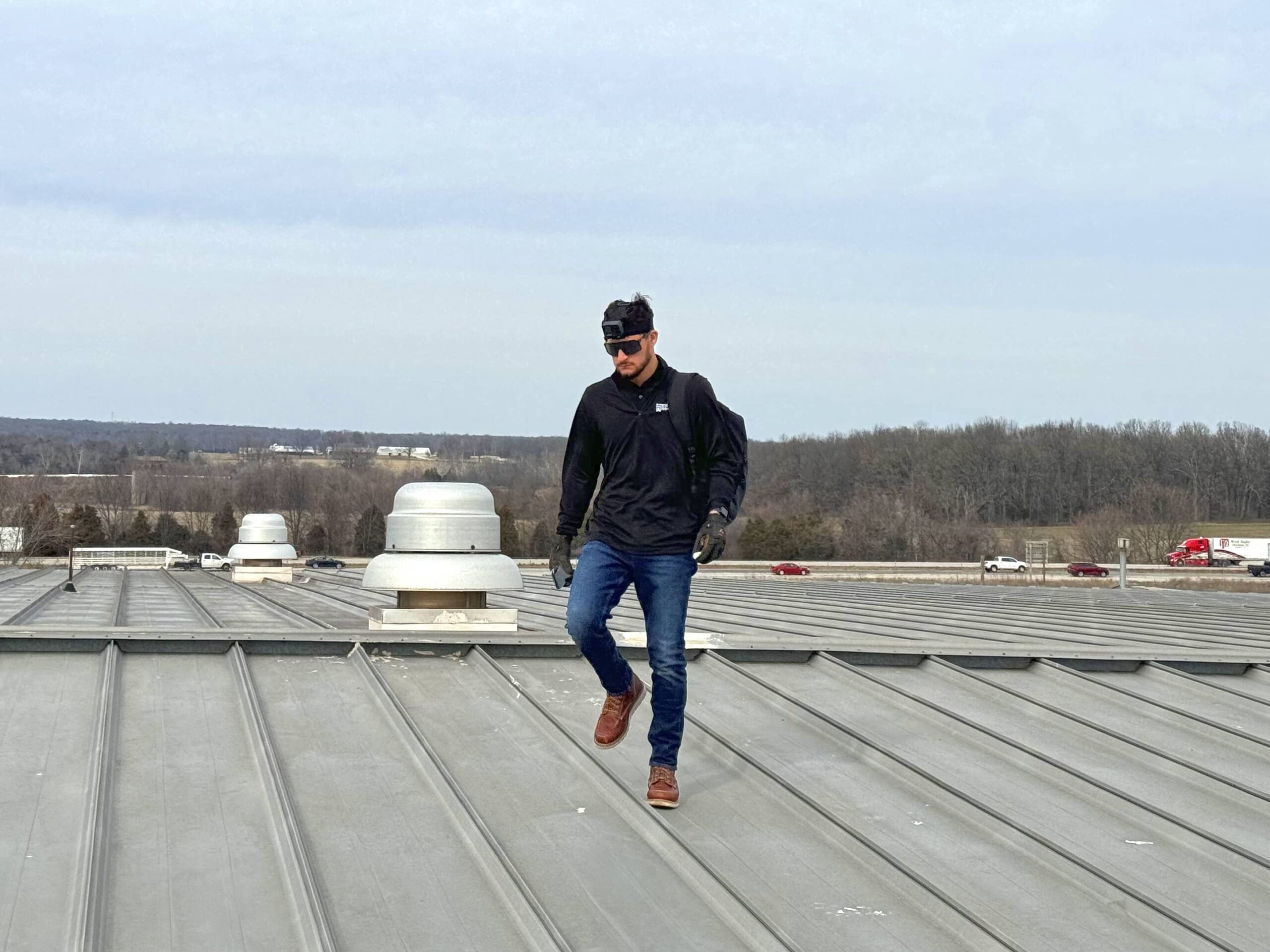



Don’t let a leaky roof disrupt your business
Leaks threaten your inventory, your operations, and your bottom line. You deserve a roofing partner who understands the complexities of commercial properties and works around your schedule—not the other way around.
A proven process for roofing success
Comprehensive inspection with digital analysis
We use hands-on inspection, core samples, thermal imaging, and digital tools to find hidden moisture and other issues before turn into a costly a structural disaster.
Strategic system selection
From TPO to EPDM, we help you choose the energy-efficient system that fits your building and budget.
Proactive project management
Our Customer Success team handles the logistics and insurance, ensuring a smooth process from start to finish.
Zero-disruption install
We execute a precision installation with minimal impact on your daily operations and a spotless cleanup.
We provide the best customer experience
With 20 years of experience and specialized commercial crews, we provide the workmanship and warranties that facility managers trust.
Superior standards come standard
Thousands of property owners have trusted us with their most valuable asset because we take care of them like family.

